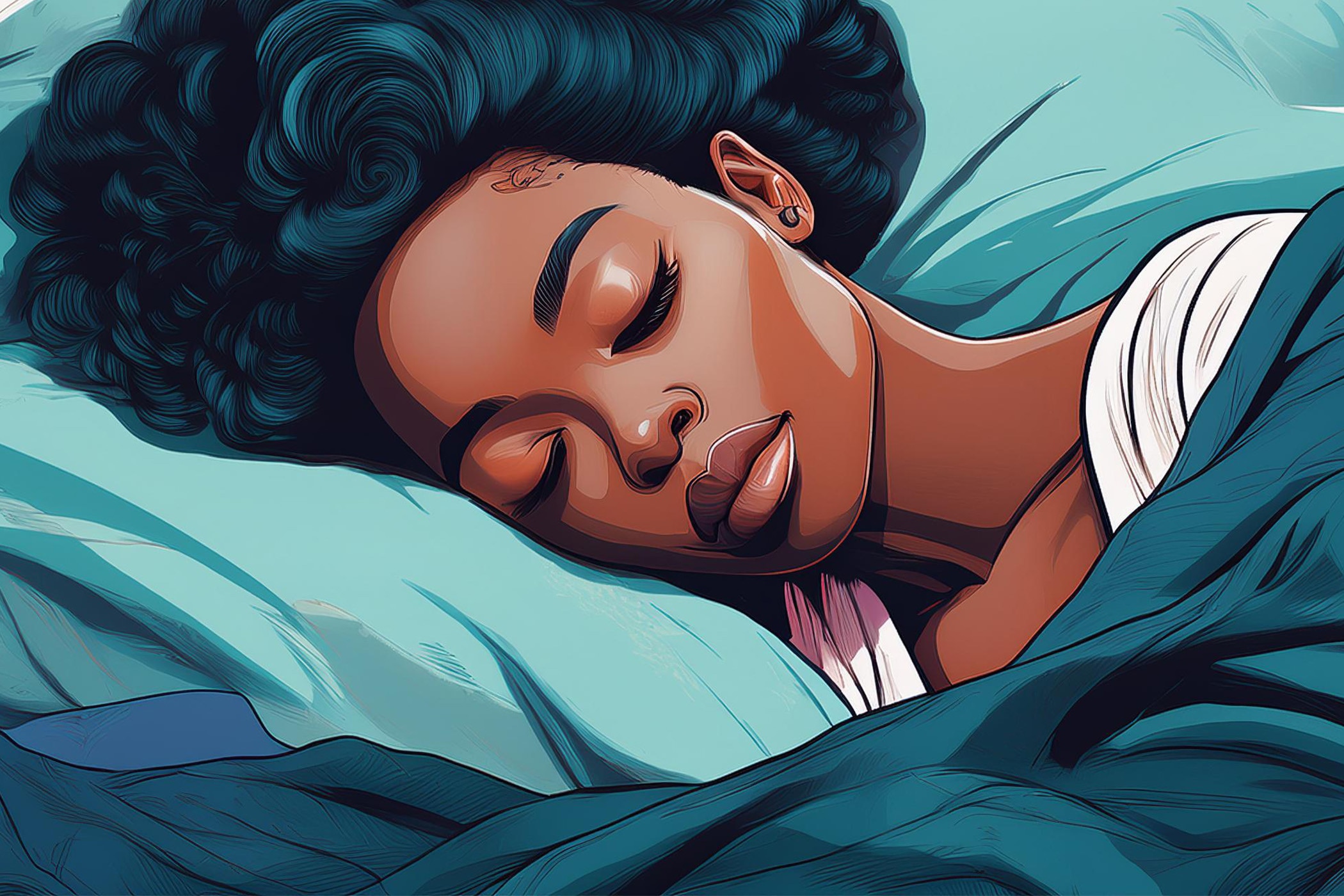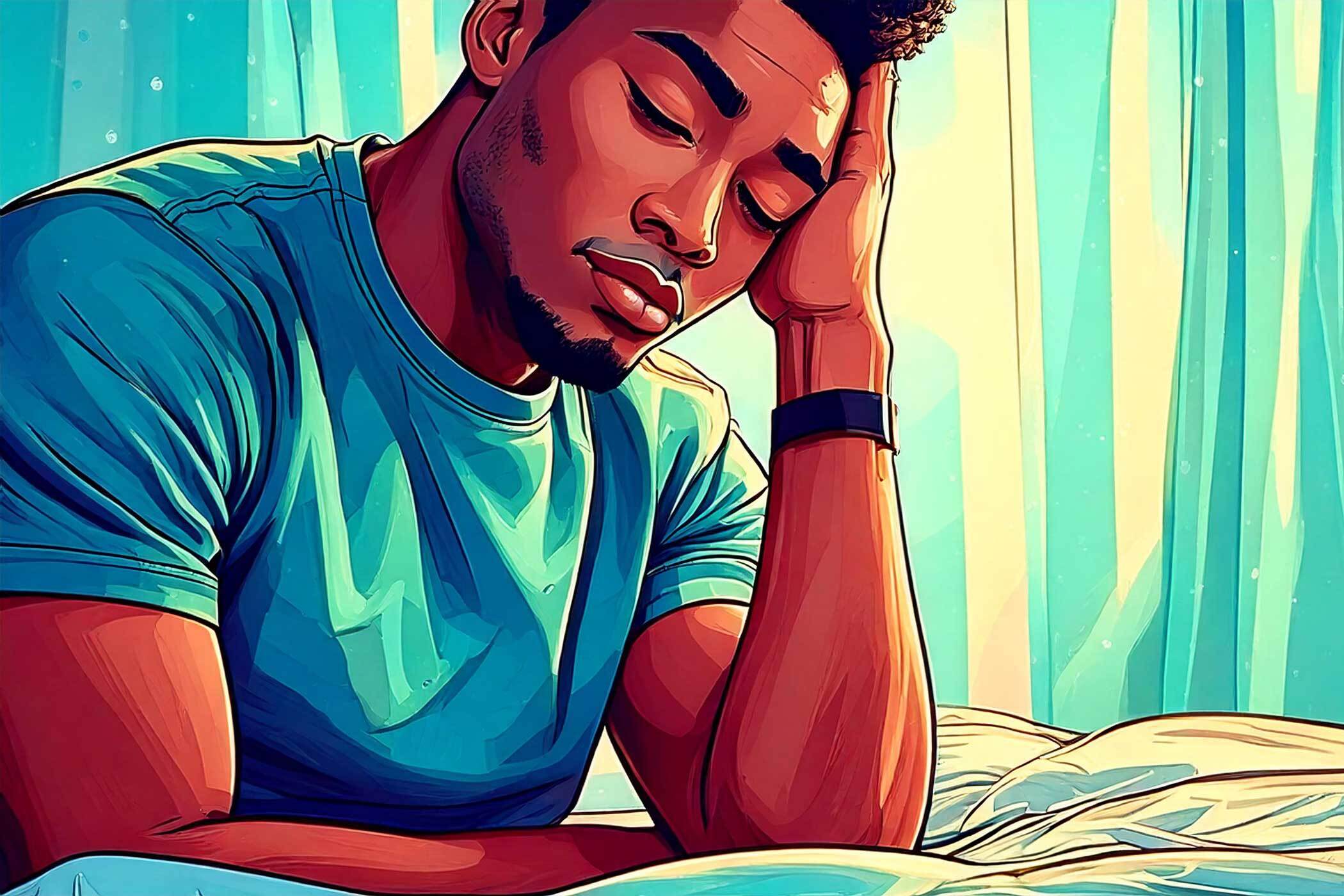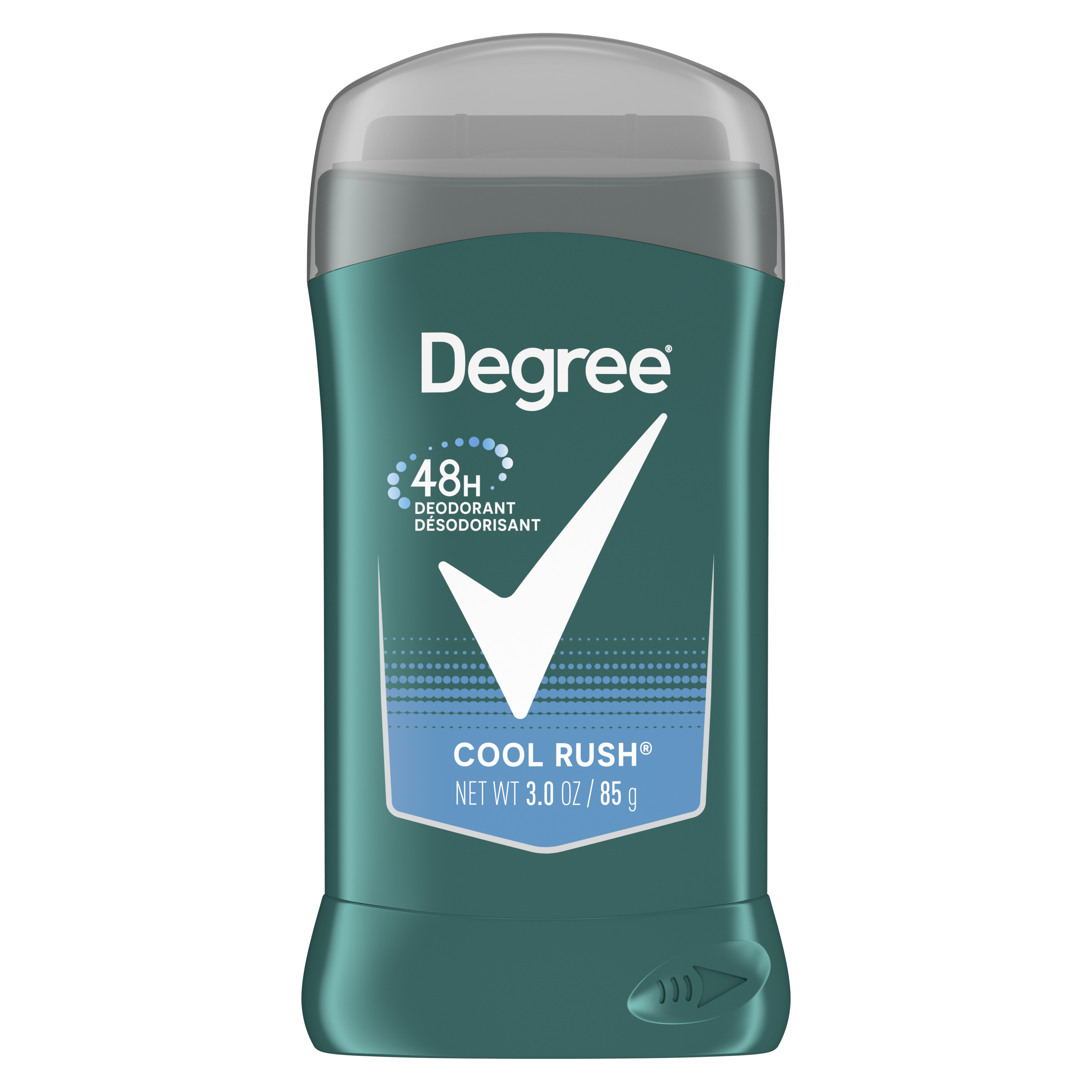WAKING UP IN A COLD SWEAT? HERE ARE 6 COMMON CAUSES AND REMEDIES
Cold sweats at night, medically known as nocturnal hyperhidrosis, can be a simple matter of an overheated room, other times, it can be a sign of an underlying medical condition. But what exactly triggers this chilly perspiration, and when should you be concerned? We’ve listed six reasons you’re waking up in a cold sweat and what to do to tackle those annoying night sweats.
1. HORMONES
Hormones regulate everything from your mood to your metabolism, and yes, even your sweat response. When hormonal levels fluctuate, particularly during times of stress, menopause, or during the menstrual cycle, this can trigger your sweat glands to go into overdrive, resulting in waking up in a cold sweat.
How to stop waking up in a cold sweat because of hormones
Movement can be a powerful tool to help regulate hormonal imbalances. Regular exercise can stabilize your mood, improve sleep, and balance those hormonal spikes that might be causing your nocturnal sweats.
2. COLDS AND FLUS
Feel like you've been dunked into a cold pool mid-slumber? Infections like the flu or a hardcore cold can have you breaking out in cold sweats. And let's not even start on heavy hitters like tuberculosis. There are steps you can take to alleviate the discomfort of night sweats when dealing with more common ailments.
How to stop waking up in a cold sweat because of illness
It's essential to stay hydrated. Your body is working overtime to fight off the infection, and sweating is one way it tries to regulate temperature and expel toxins. Replenish fluids to maintain balance and help recovery. Keep a bottle of water by your bed, and sip regularly. If you're struggling with a fever, consider beverages with electrolytes to replace minerals lost through sweating.
3. STRESS
When stress enters your sleep, it signals your body to release adrenaline and cortisol, hormones that prepare you for a fight or flight response. Even though you're asleep, your subconscious is still wrestling with the day's worries, and this hormonal surge can lead to an abrupt awakening in a cold sweat.
How to stop waking up in a cold sweat because of stress
Techniques such as mindfulness, deep breathing exercises, and regular physical activity can help dissipate stress and promote more restful sleep.

4. BEDROOM TEMPERATURE
If your bedroom feels more like a tropical rainforest than a restful retreat, it might be time to look at your environment. Overheating due to heavy blankets or a high thermostat setting can turn your peaceful slumber into a steamy situation.
How to stop waking up in a cold sweat because of your bedroom temperature
Adjusting your sleep setting to a cooler temperature and using breathable fabrics can help prevent sweating from becoming a nightly nuisance.
5. MEDICATION
Medications can also be a contributing factor to you waking up in a cold sweat. Certain prescriptions, including antidepressants and meds that treat diabetes, can have side effects that include night sweats
How to stop waking up in a cold sweat because of medication
If you suspect your medication is the causing your night sweats, it's important to consult with your healthcare provider for alternatives or adjustments to your treatment.
6. OTHER FACTORS
Low blood sugar levels, certain meds, or hyperhidrosis can have you waking up feeling like you've been in a sauna. It's also worth noting that lifestyle choices, such as consuming spicy foods, caffeine, or alcohol before bedtime, can increase the likelihood of sweating while you sleep. These substances can stimulate your metabolism and raise your body's core temperature, leading to an uncomfortable night.
How to stop sweating in your sleep
Give your deodorant a head start overnight. Apply deodorant at night to allow the active ingredients to work effectively, gently covering sweat glands and reducing perspiration while you sleep. This simple addition to your nightly routine can help you wake up feeling fresher, drier, and more comfortable.
Wake up ready to seize the day, not in a cold sweat. Stay hydrated, create a comfortable sleep environment, and consider wearing deodorant before bed to help you manage cold sweats at night. Go ahead, sleep tight and don't let the bed sweats bite.



